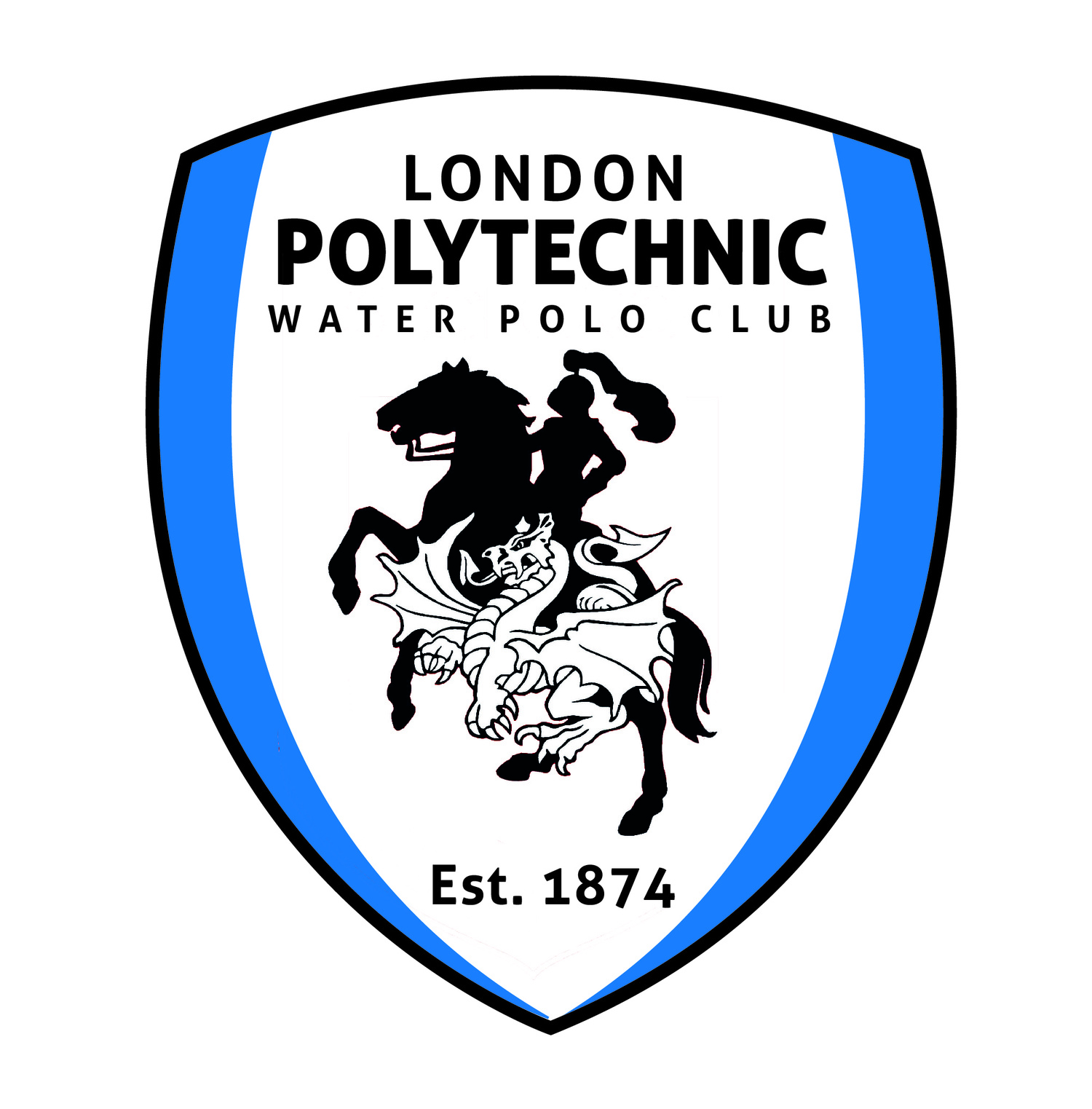Terry Bensted
After one Essex ASA dinner, Neil May was told by a Starfish Club member about a wonderful young player who, to their horror, was going to join Plaistow, then one of the great teams of British water polo. However, Plaistow had not entered the new Premier Invitation League and it would would have been a mistake for a player of promise to go there. Terry Bensted was duly invited to Poly training sessions and he went straight into the 1966 first team. In no time at all, he was simultaneously in the Great Britain under-18 and under-21 teams. The rest seems like inevitable history.
He was a key member of the dominant 1969 and 1970 teams that achieved consecutive league and cup doubles and a huge force in the 1971-74 sides that used the European Cup to gain experience. By June 1972, Terry was Great Britain captain, described in the European Cup programme that year as “the complete player and quite the most outstanding player in Britain today”. Although supremely confident in his own ability, as well as that of his team, he was not at all big-headed and was always looking for ways to broaden the horizons of British water polo, as well as that of the Poly. He is rightly proud of GB’s record of that time, when they performed so well in the 1973 World Championships, the 1974 European Championships and the 1976 Olympic Qualifiers.
I first met Terry when I joined Poly in 1971, by which time he was already a club legend. While he was very welcoming, even to a young novice, his standards were ridiculously exacting, and he never eased off especially, it seemed, in training matches, where he made sure that you had to learn lessons the hard way. He was horrified by my decision to play for Otter for a season to gain some National League experience (with no way into a Poly team that was crowded with GB internationals) but encouraged me to come back and fight my way into the team when that experiment ended as he had predicted.
He married Jacqui, who he met on a boat back from South Africa, around 1972 and in typical Terry fashion the whole club was invited to his East End wedding reception, even an oik like me. Soon he had a family to consider and two children to contend with - Matthew and Aimee - as well as regular visits to South Africa to fit into his calendar.
By 1977 Terry was starting to think of other priorities and I was very flattered when he and Rod Jones approached me to see if I was interested in becoming Poly Captain. Stupidly I did not realise what this would involve and I would not have survived the next season without his (and Rod’s) backing and support. But he rescued me in 1979 by taking another turn at the helm, and I learned a lot from watching his captaincy. Sometimes his pre-match chats would be simply Churchillian. I remember once before a game at Crystal Palace against Sutton and Cheam, who had beaten us the previous season, when he dispensed with a game plan altogether. He berated us for the defeat, which he put down to lack of fight, reminded us who we were, and challenged us to not make the same mistakes again. We didn’t. And we went on to win the double again that season under his captaincy.
By this time, Terry had established a successful career in the gaming industry, and he would often share his business acumen with us on away trips around the country. To him this was just a few token gestures but, for the rest of us, learning how to turn base metal into hard cash was something to celebrate. We soon realised how the odds were stacked, and how laborious cash-generation could be, but occasionally some risk-taker would mysteriously hit the jackpot and short-circuit the production process. And I suspect that at least one of the players took these business lessons into their chosen profession.
Terry’s natural aggression was very controlled by this stage, but you still felt he was using it to improve his performance and you did not want to get too close to finding out where his tipping point was. I do not know how Terry lost his front teeth, as it is just as likely to have been playing rugby as water polo, but it made him look fearsome in the water. Out of the water, if you ever heard the immortal words “’old me teef”, you knew that trouble was not far away. I do remember one particular occasion, at a Poly dinner probably in the late 1980s, where one of the guests implied that a recent GB team was much better than the side of the ‘70s. It did not end well.
Terry reduced his commitment to water polo a little around 1980, as he re-kindled an interest in playing rugby for Blackheath, which he enjoyed enormously. But he continued playing first team polo till 1981 or 1982, before gently easing himself into coaching which he did for several years, interchanging with Rod Jones from time to time. When I returned to captaincy in 1981, it was a much less daunting experience, particularly being able to rely on Terry and Rod’s coaching skills. Undoubtedly a one-club man, Terry continued coaching in times of need and maintained close links with the players over many years. His contribution to the Poly is immense.
Michael McCartney, July 2024

